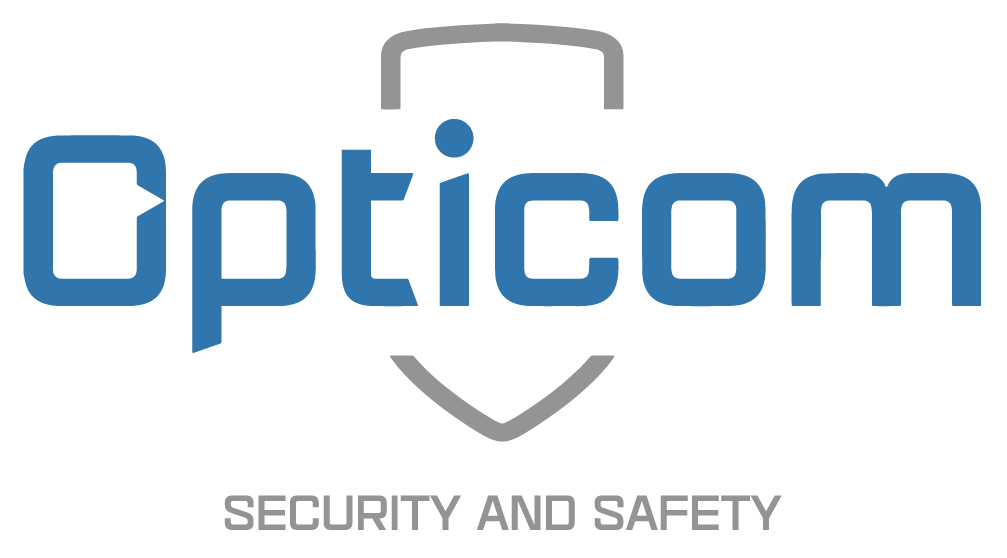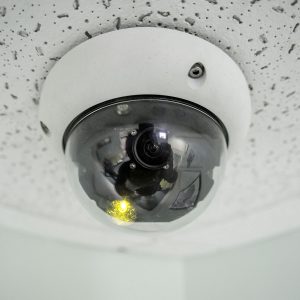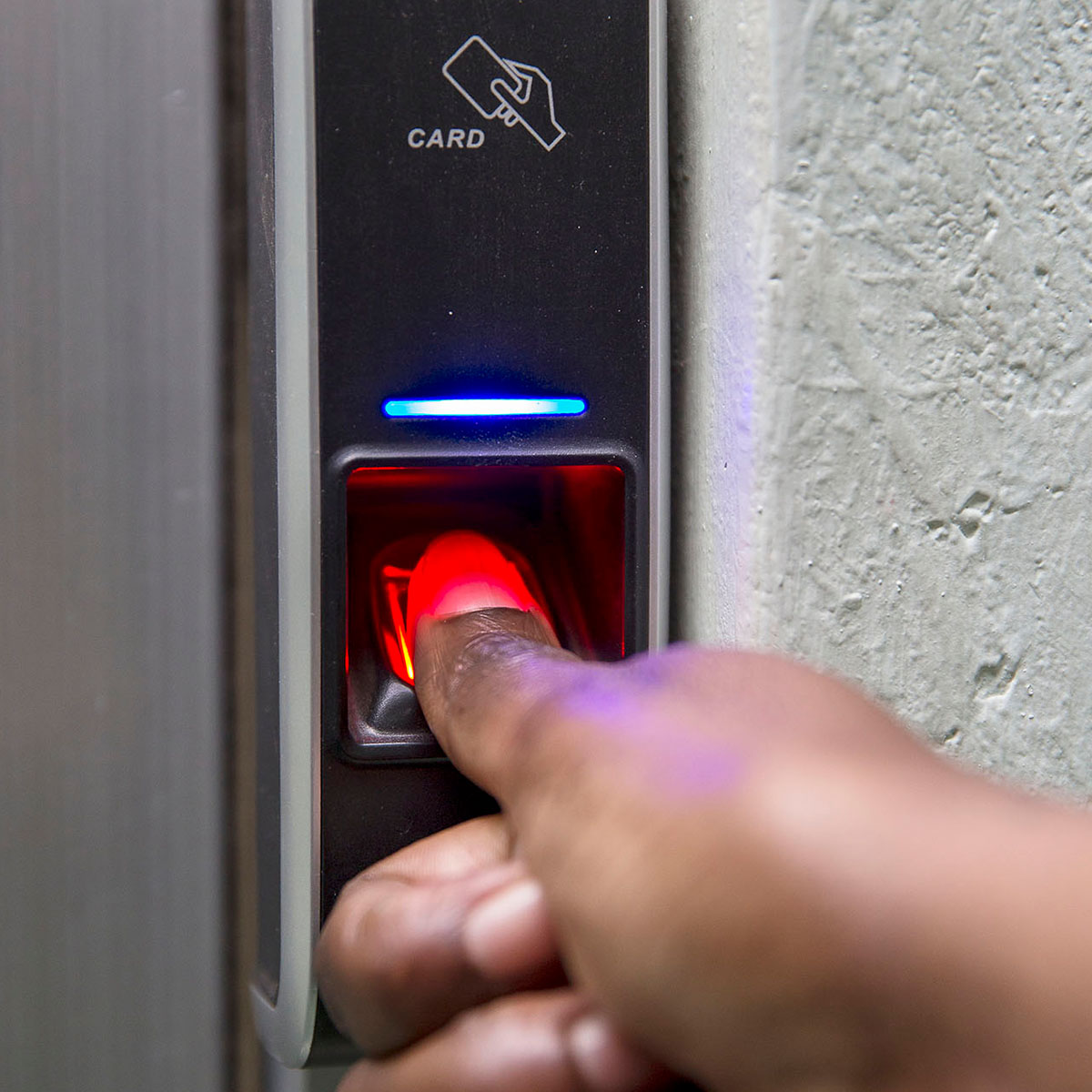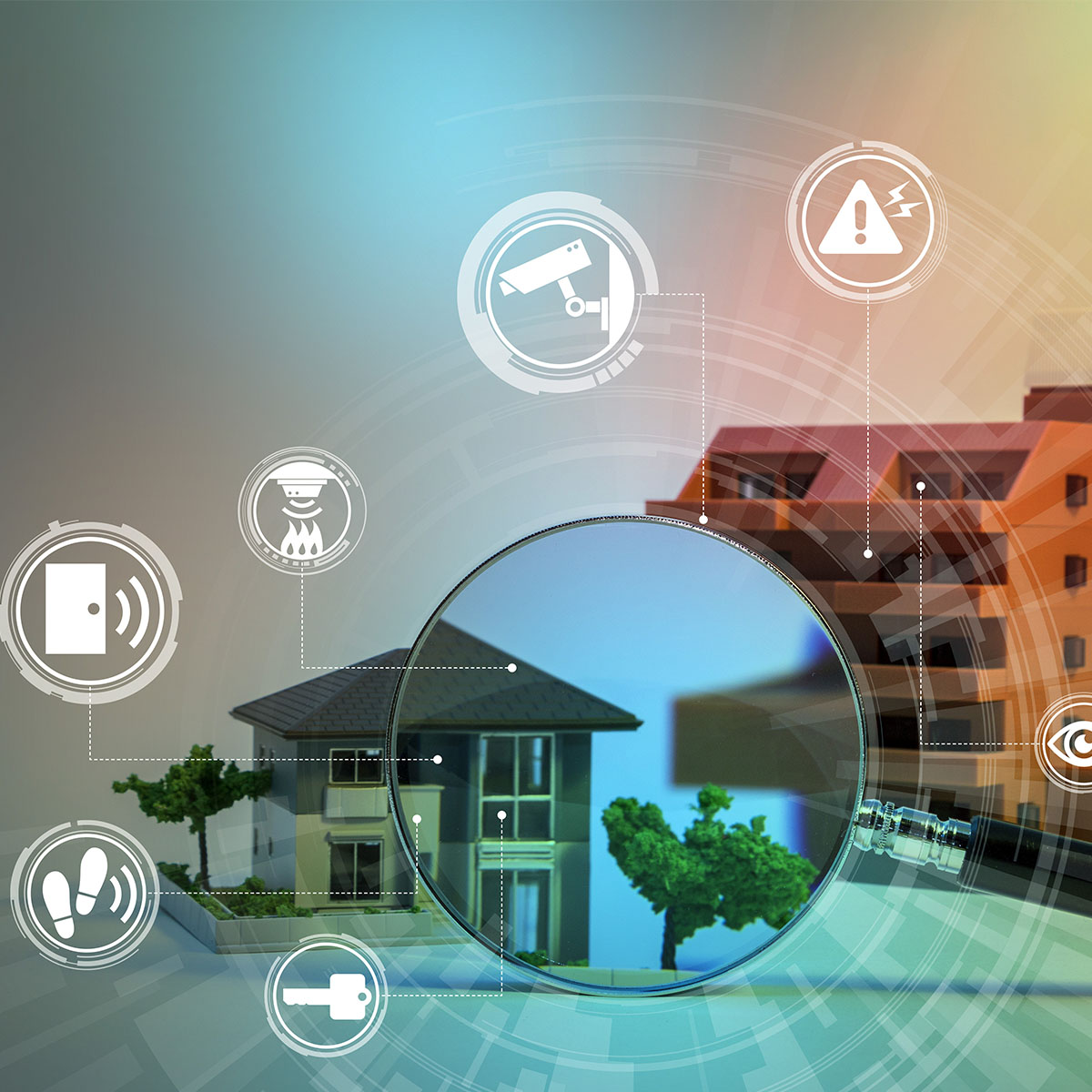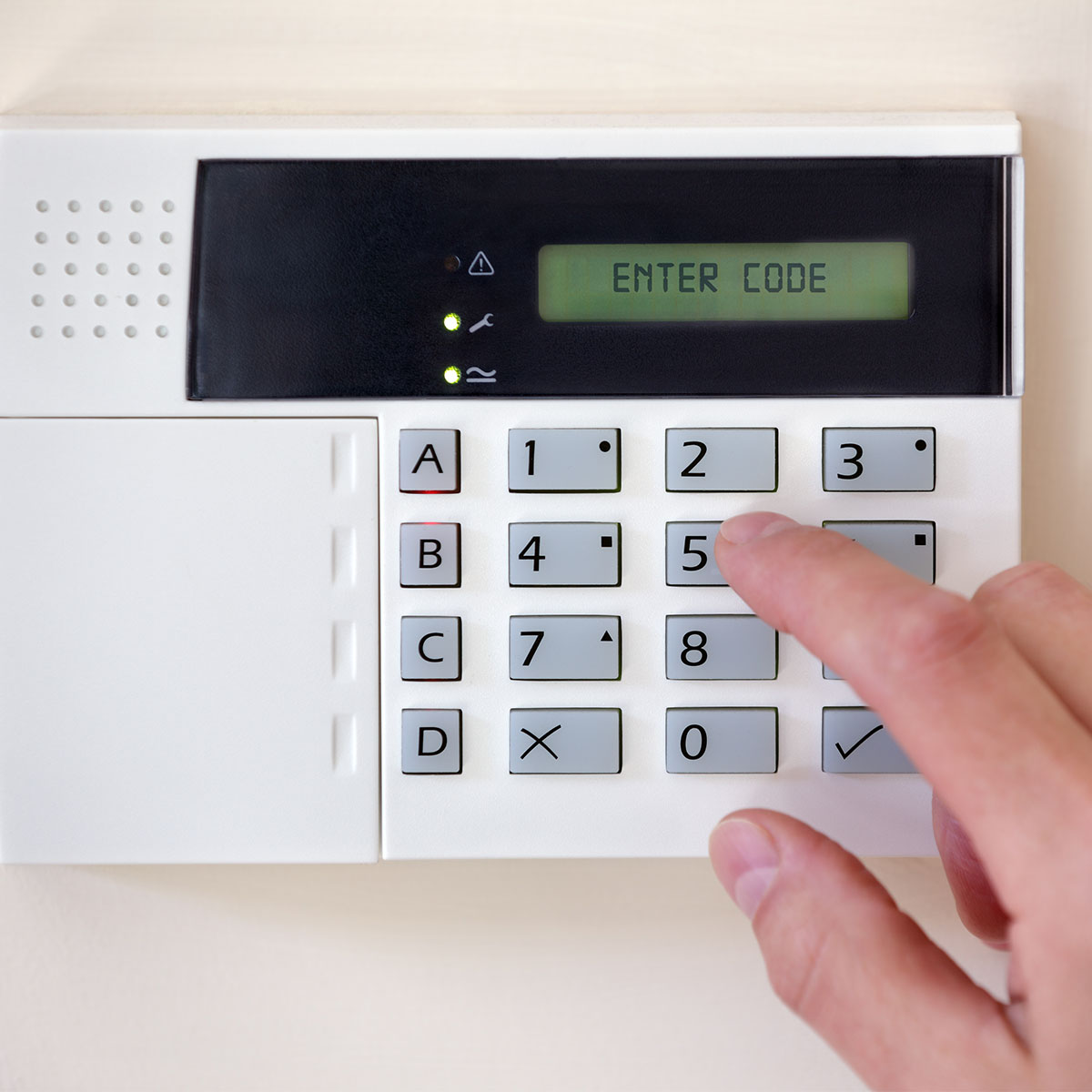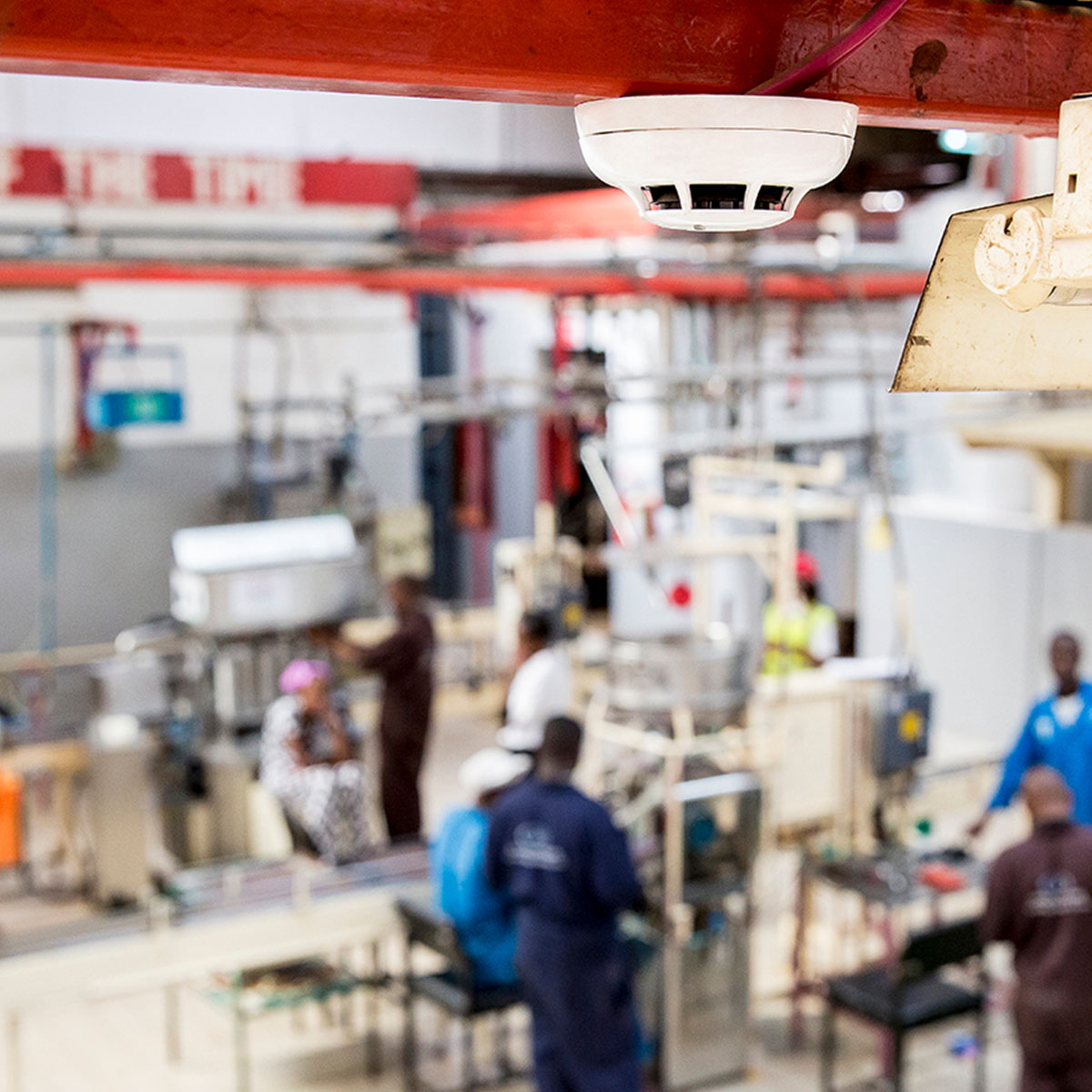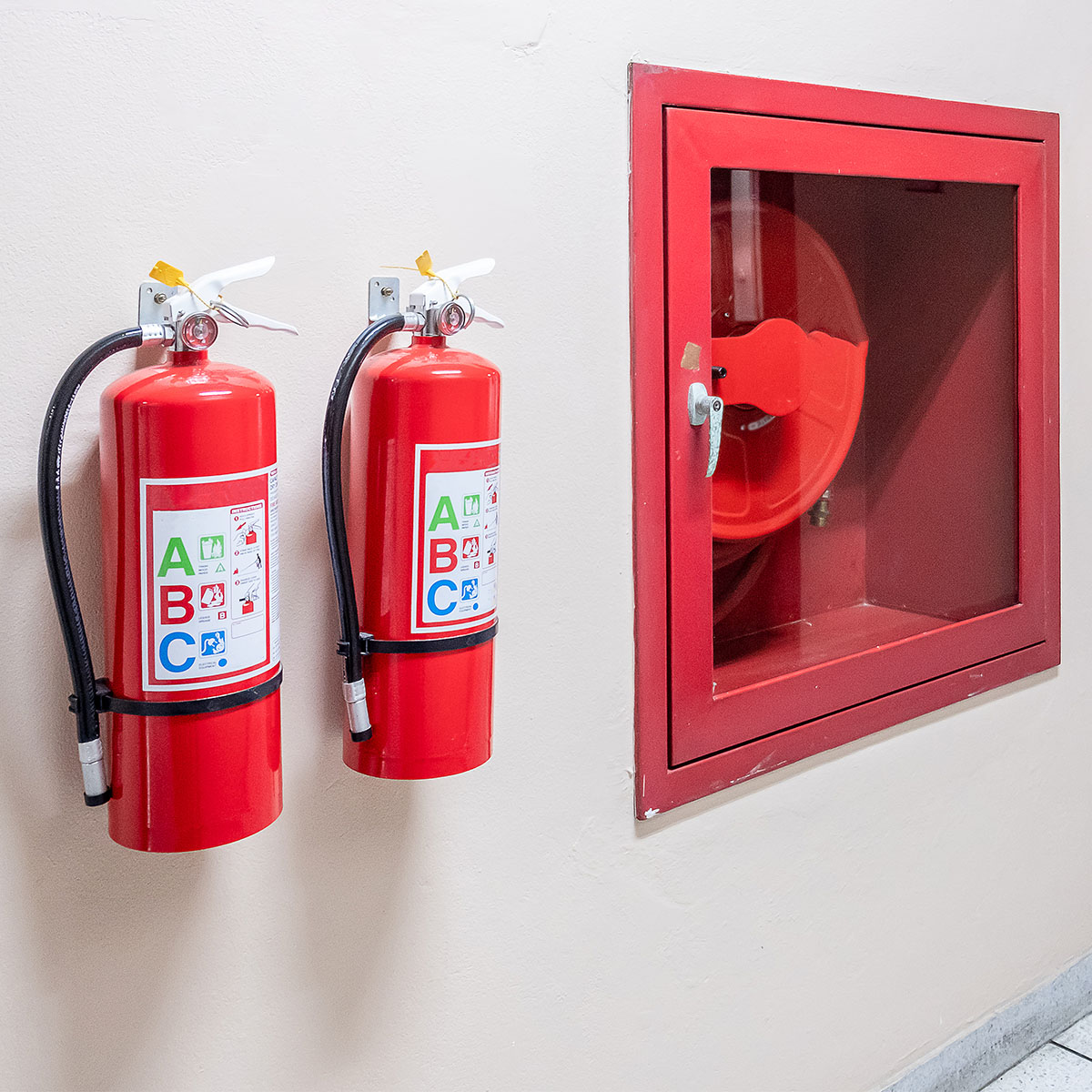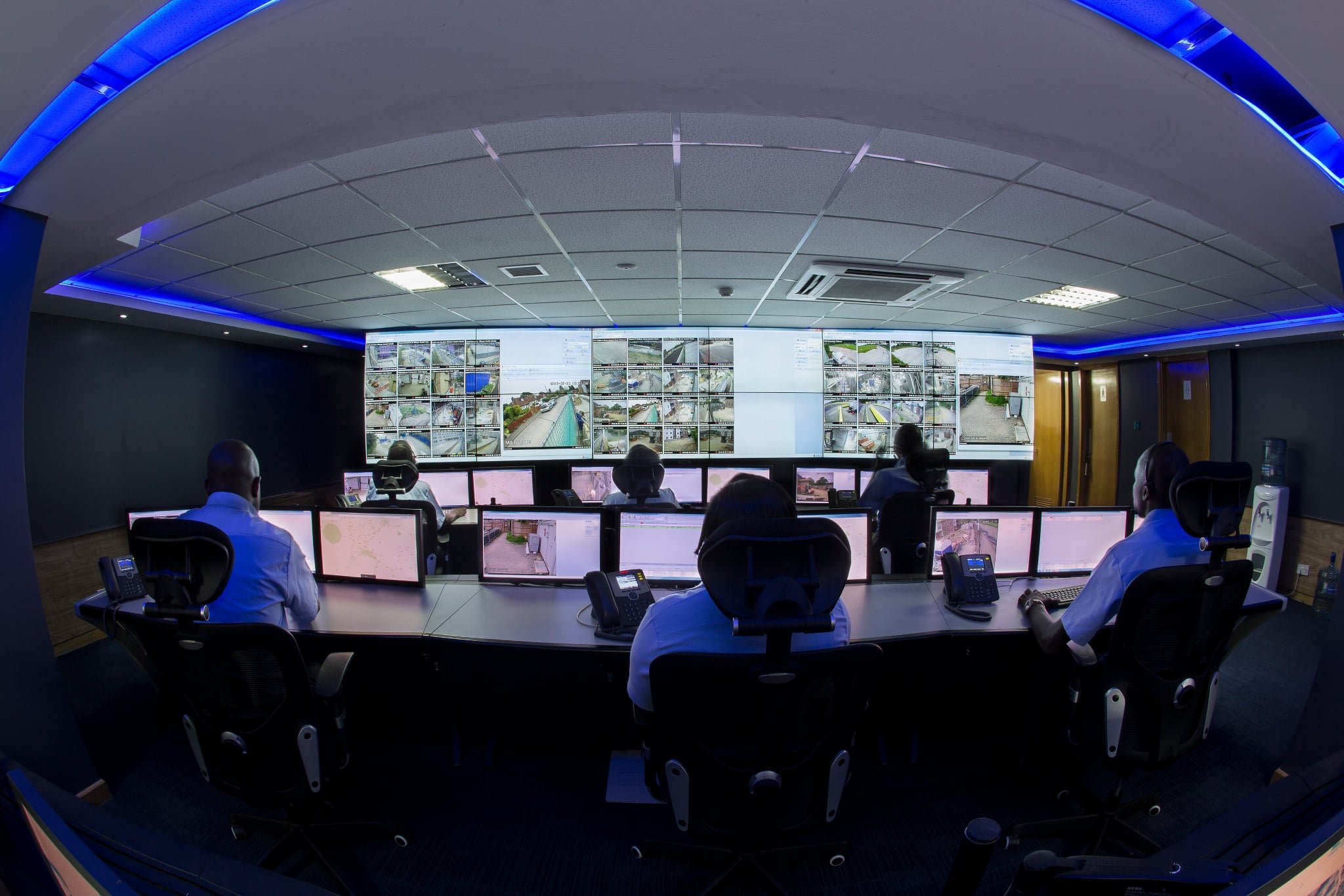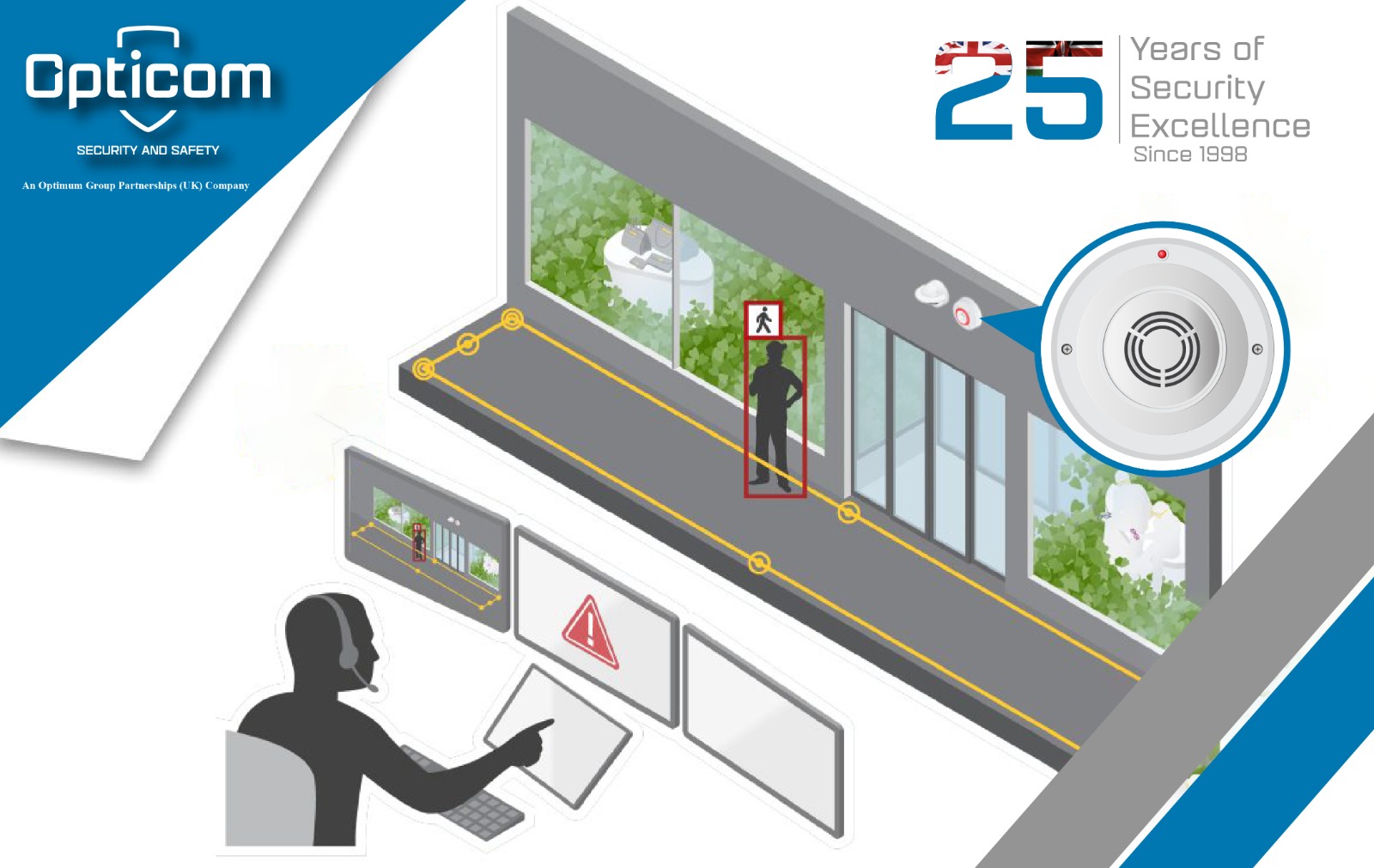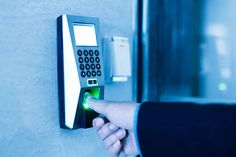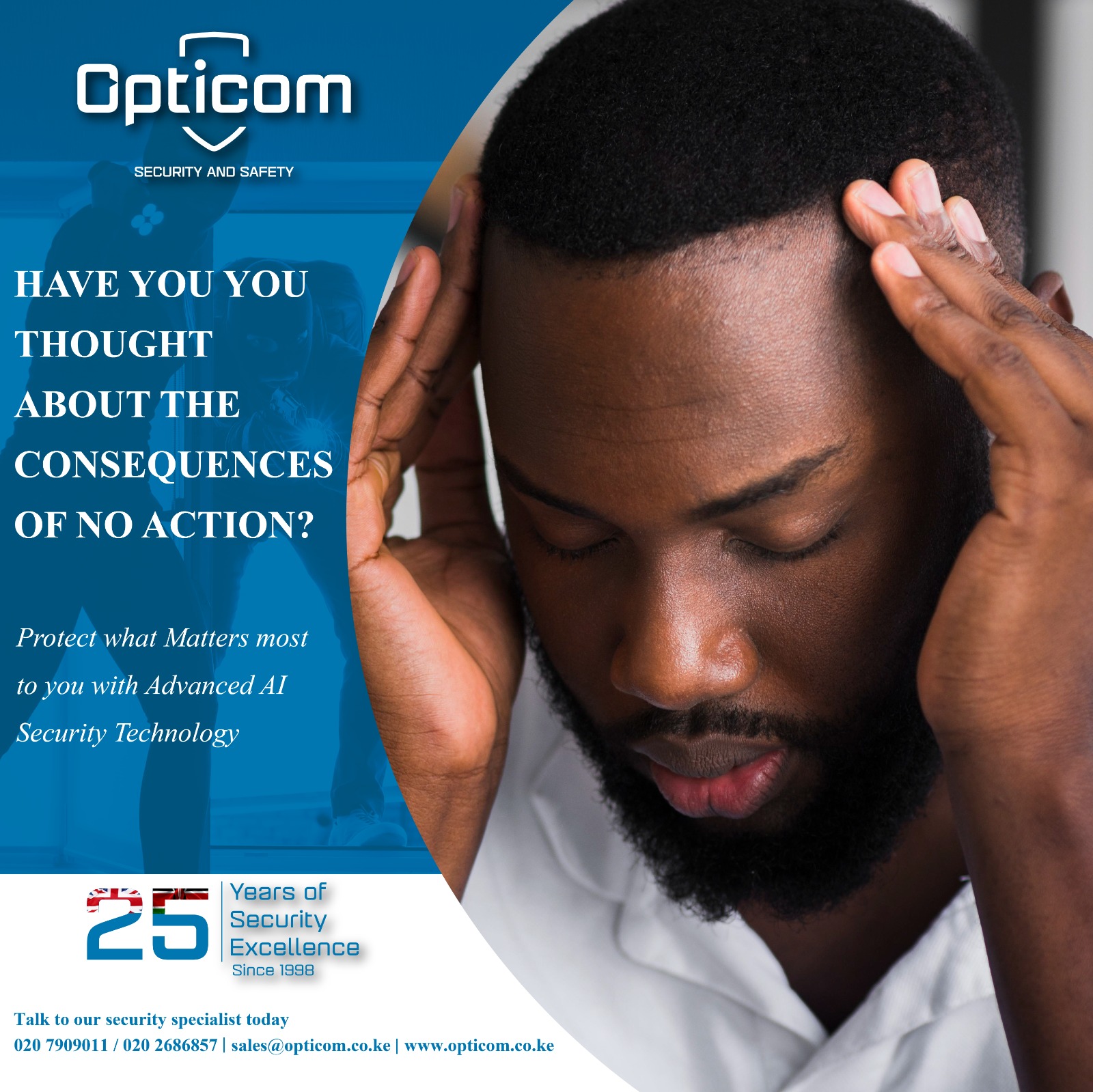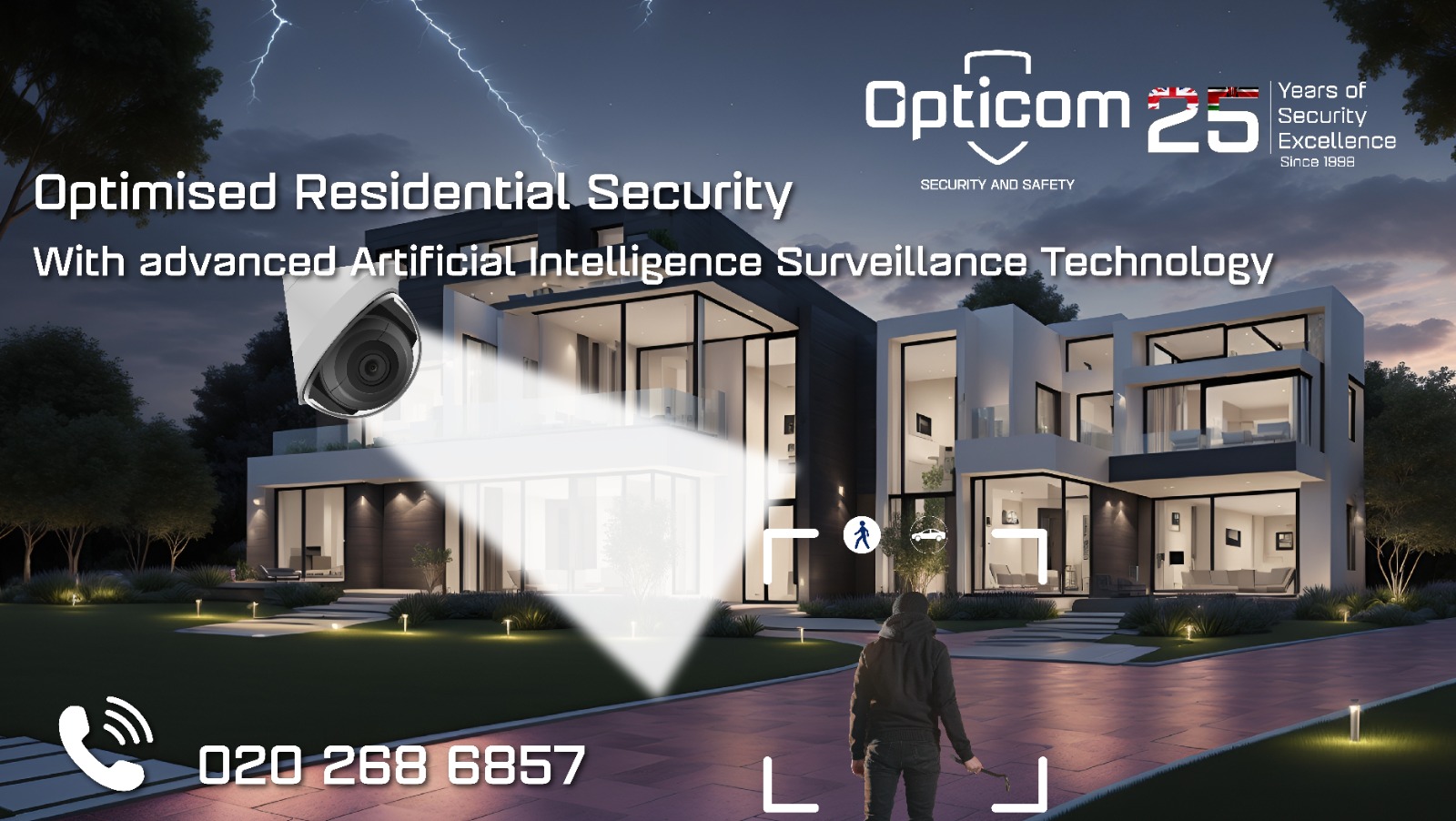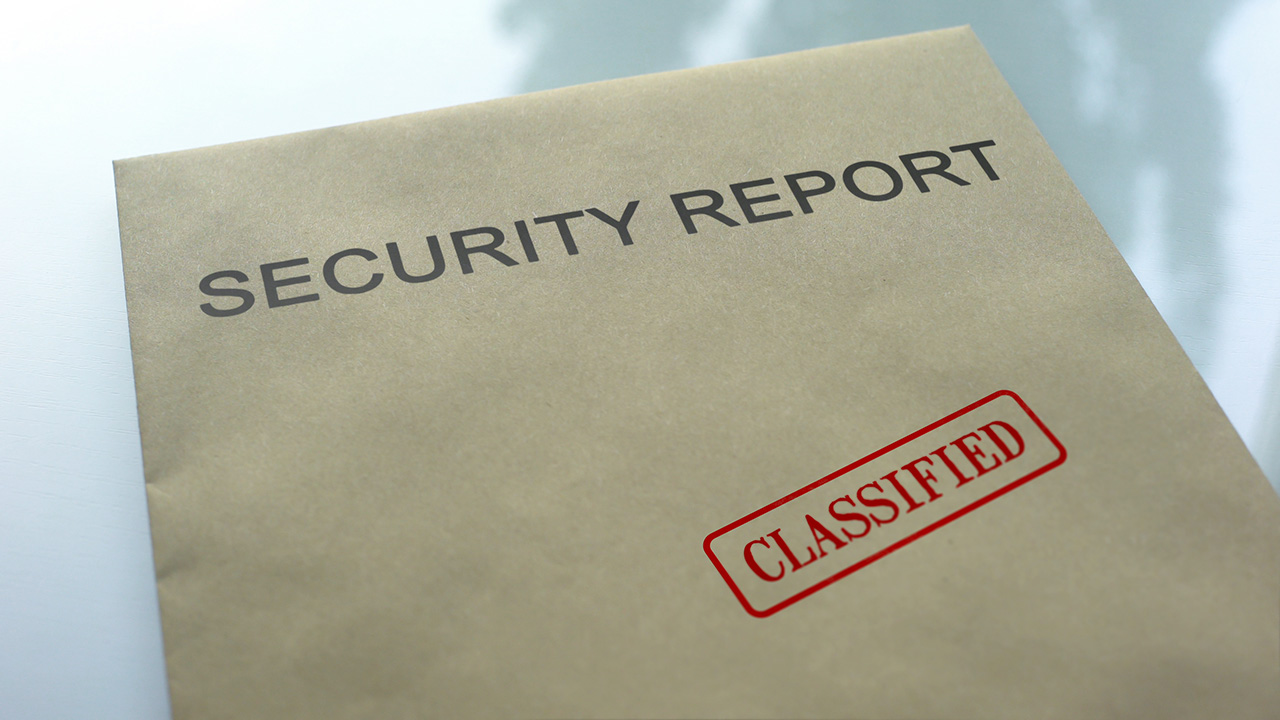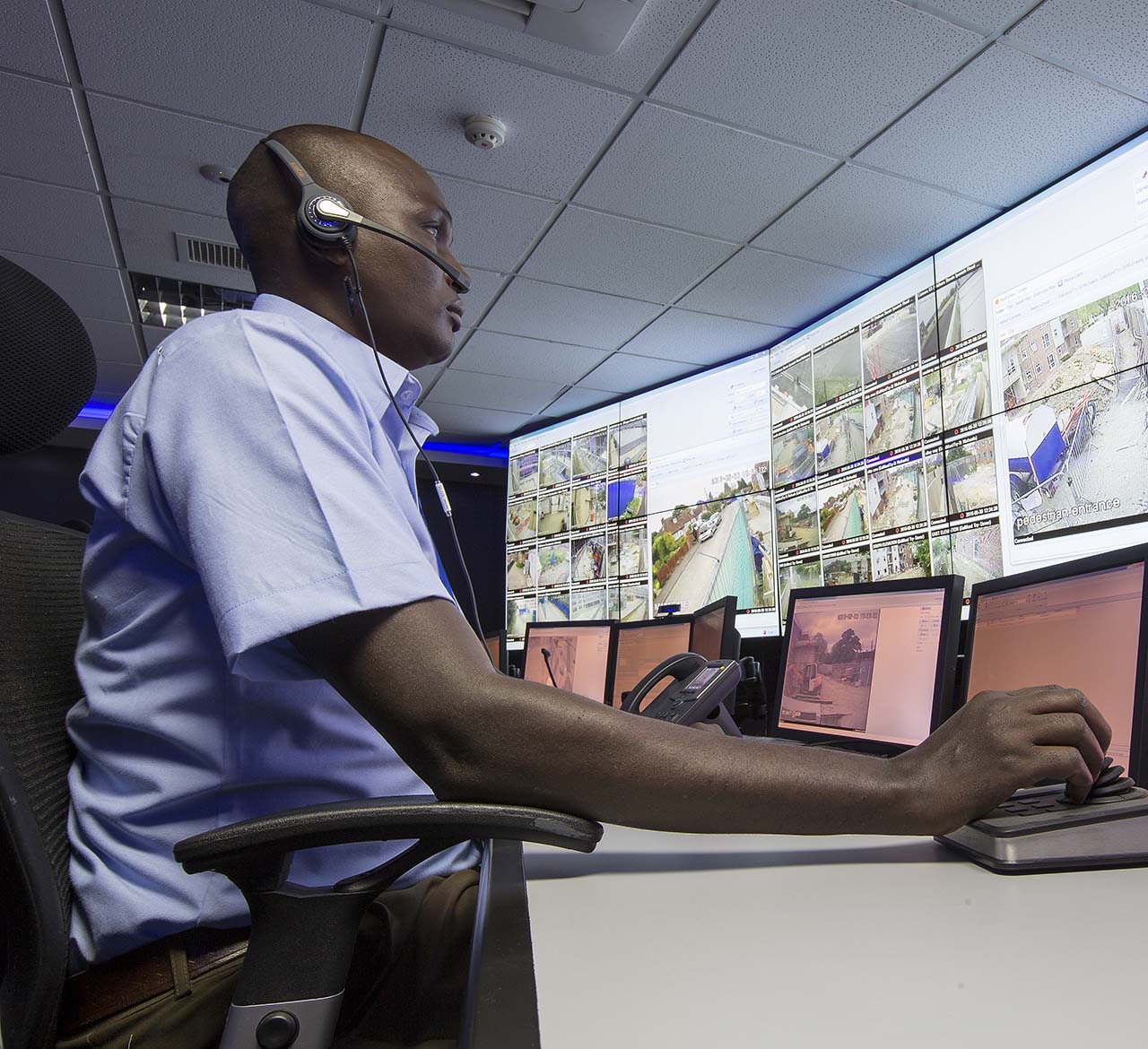- About Us
- Security
- CCTV/ Video Surveillance
CCTV/Video Surveillance
CCTV surveillance solutions can help reduce crime and provide valuable insight and documentation for businesses.
- Access Control
Access Control
Access control is a tool by which you can maintain security of your premises locally or remotely.
- Time & Attendance
Time & Attendance
Effective time management systems are frameworks and techniques designed to help people manage their time better
- Physical Security
Physical Security
An electric fence is a powerful perimeter intruder detection system which can be attached to an existing perimeter fence or wall.
- Alarm & Detection
Alarm & Detection
Installing reliable alarm detection solutions is the easiest way for businesses to help prevent break-ins.
- CCTV/ Video Surveillance
- Fire Safety
- Preventing Fire
Preventing Fire
The goal of fire prevention is to ensure the relevant personnel such as family members and staffs are adequately educated
- Detecting Fire
Detecting Fire
Whilst the main focus of your fire protection strategy should be to prevent fire, should a fire accidentally break out
- Containing Fire
Containing Fire
This involves reducing the heat output of a fire, reducing the area over which the fire exists or suppressing or extinguishing the fire.
- Escaping Fire
Escaping Fire
No fire safety strategy is complete without the final part of the plan – escaping fire safely.
- Preventing Fire
- Complete
- Building Management
Building Management
Building Management Services(BMS) provide a single sea for monitoring and control
- Small Medium Businesses
Small Medium Businesses
Opticom has a proven track record of working with small and medium sized businesses.
- Multi-Site Operations
Multi-site Operations
Multi-site organisations face additional challenges in protecting their employees, customers, premises and assets from the threat of fire and theft.
- Major Projects
Major Projects
In today’s fast-moving world, one of the most important aspects in safeguarding national or corporate security is information.
- Smart Construction
Smart Construction
Crime Prevention Through Environmental Design (CPTED) is based on the principle that proper design and effective use of buildings and public spaces
- Finance Solutions
Financial Solutions
A financial institution’s reputation and profitability are based on how well it proves to customers that it is serious about protecting their assets and investments.
- Educational Institutions
Educational Institutions
When enrolling a child into school, one of the frequent concerns for parents is usually how safe the institution is.
- Building Management
- Resources
- Gallery
- More
